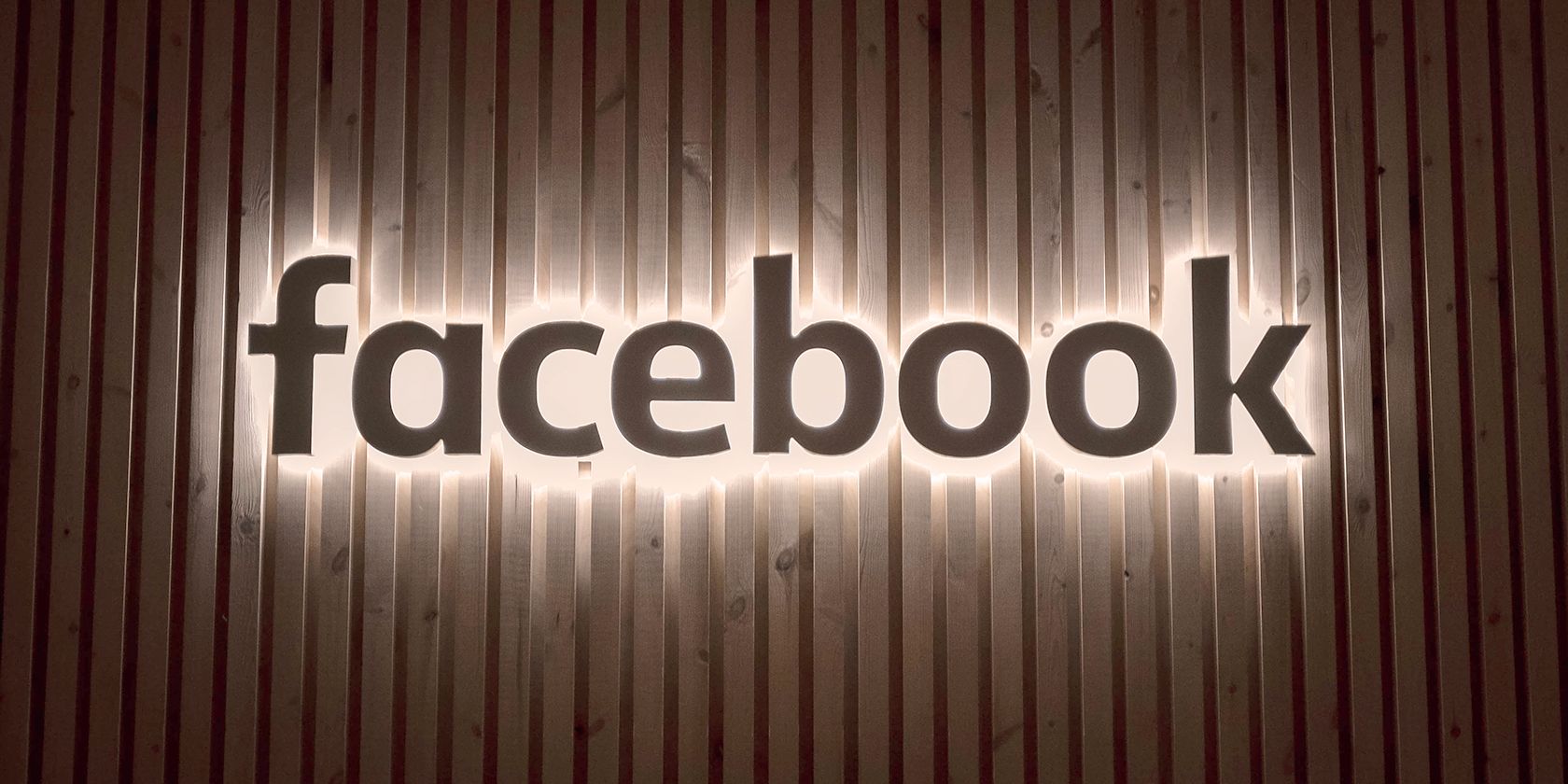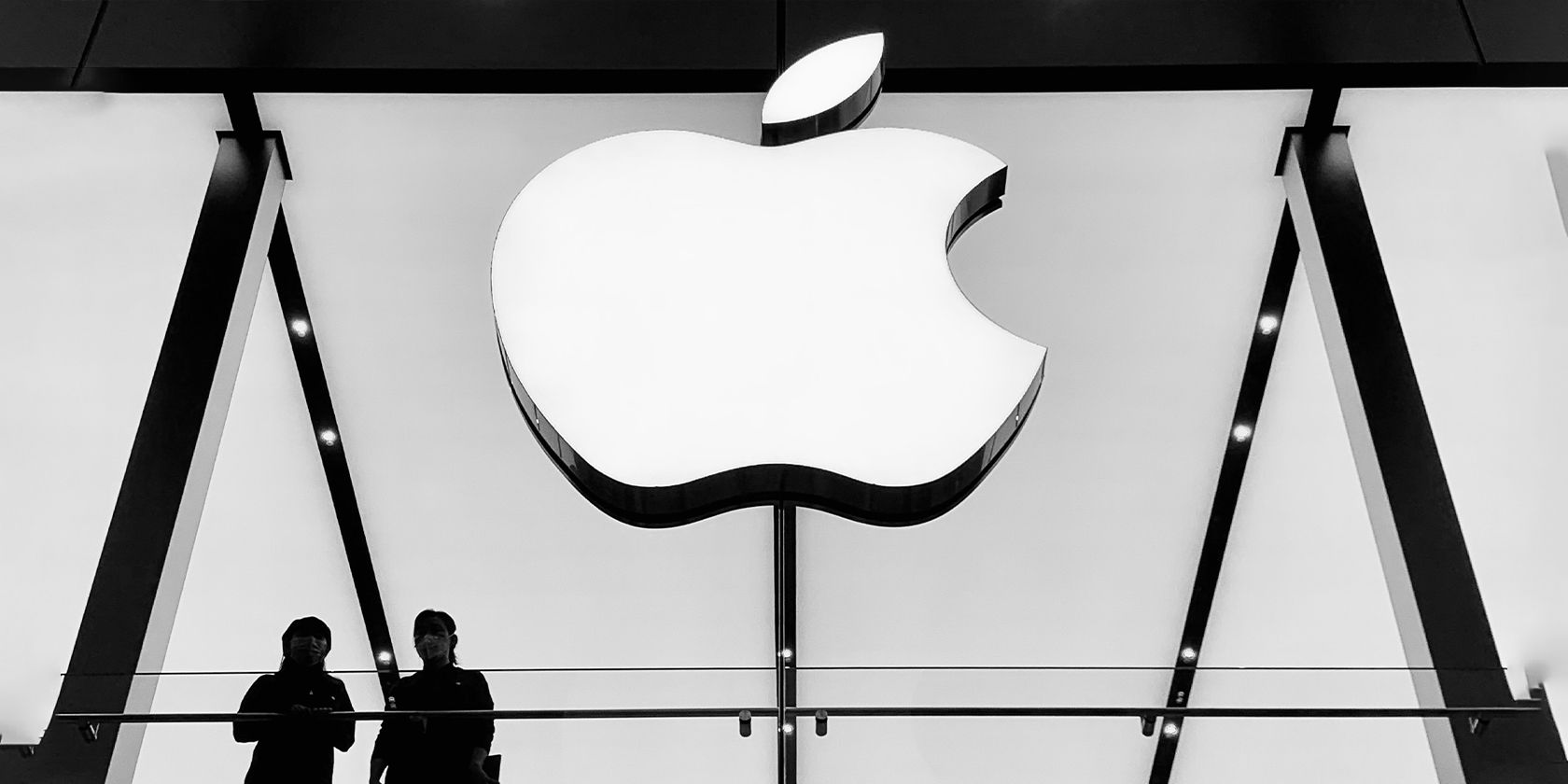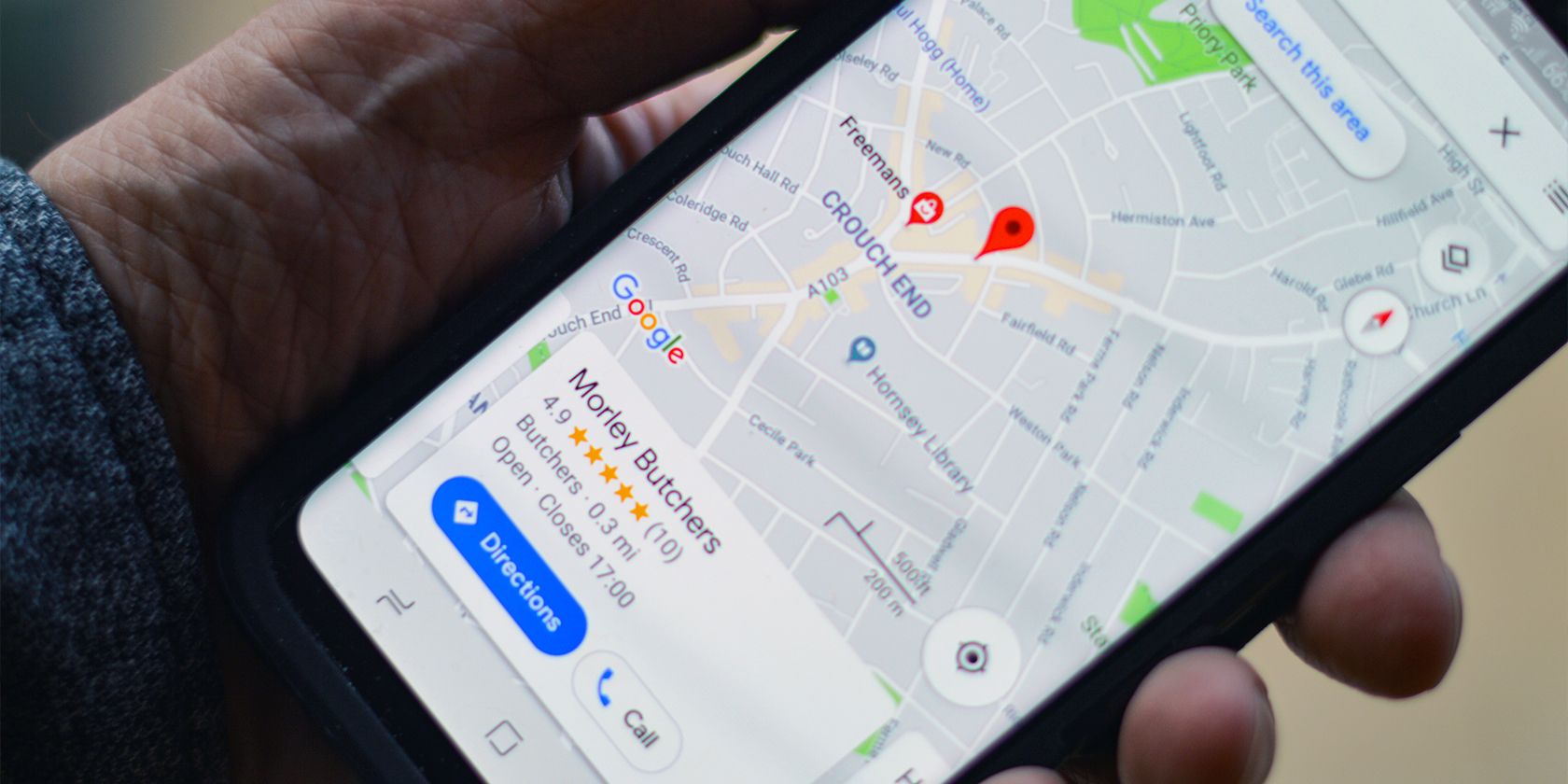
Shaking Up Tech Monopolies: Why Governments Step In

Shaking Up Tech Monopolies: Why Governments Step In
Big Tech has changed the world by spurring technological progress. However, some government leaders believe these companies have too much power and influence and want to break them up.If Big Tech is pushing the world forward, why are governments so keen to curtail its power?
What Is Big Tech?
Big Tech collectively describes the most prolific and prosperous technology companies in today’s marketplace. Facebook, Apple, Google, Microsoft, and Amazon (often called the Big Five) are the brands most commonly given this identifier.
However, some sources include others, such as Twitter, Samsung, and Netflix. In addition, people often mention Chinese companies such as Alibaba, Tencent, and Baidu while discussing Big Tech firms. However, they are competitors to the Big Five rather than under the same umbrella.
Big Tech’s Beginnings
Big Tech companies didn’t always have such a massive influence on society. When Facebook launched in 2004, only Harvard University students could use it, followed by an expansion to high schools and other universities. It took until 2006 for the company to open usage to people without educational institution-related emails.
At Apple’s founding in 1976, leaders sought to make computers a mass-market product. It was one of the world’s best-known brands by the 1980s. However, in 1996, the company lost $867 million and was on the verge of bankruptcy. Products like the iPod, iPad, and iPhone helped Apple regain traction beyond the PC market.
When Google launched in 1998, its founders worked from a garage. Even in those early days, the leaders took unconventional approaches, including when the staff took time off to attend the Burning Man festival. Employees also followed a “Don’t be evil” value at the company — which was quickly dropped for one reason or another.
Amazon got its start solely as an online book retailer in 1994. A year later, Jeff Bezos needed desks for his small staff. He realized that doors cost less than desks and had workers use those instead.
These examples show the lack of early, immediate indicators of Big Tech’s success. However, things have changed, and these companies now affect sectors other than technology. The already large and growing influence makes some government leaders cautious.
Big Tech Companies Use Data for Profit

Big Tech companies often provide free resources. For example, there’s no subscription fee required to do a Google search or have a Facebook profile. However, large tech companies gather customer information and use it to profit. Facebook collects information about users’ races, religions, and political views. It can then sell that information to advertisers.
A study by Security.org found the average U.S. citizen would sell their social media data for $2,000. However, they cannot decline to give sites their information while still using the respective services.
These reasons and others cause people in power to point out that Big Tech regularly mishandles people’s data. Even if those companies do not experience breaches, third parties’ applications for user information raise eyebrows and strengthen the arguments to lessen their power.
On the other hand, data collection generally enables more personalized services. People are more likely to see search results relevant to the things that matter to them.
Big Tech Fails to Catch Misleading Ads

People often want to know what Big Tech does to prevent data collection and advertising issues. Unfortunately, evidence shows it often falls short in policing the ads on the respective platforms. Information also emerged on foreign countries purchasing misleading ads to influence elections in the United States.
A Global Witness investigation showed such advertisements are a worldwide problem. The organization created experimental ads filled with hate speech and election misinformation about other countries’ political processes. All passed Facebook’s ad controls in the four countries showing them. Ads also nurtured people’s interest in COVID-19 “cures” and helped the anti-vaccine movement flourish.
Ad-targeting isn’t all bad, though, provided there’s accurate content. If someone searches for all-natural house cleaning products on Google, they’ll usually see ads related to those items, which could assist people with their purchases. Similarly, Google and Apple collect information about how customers use their smart assistant services to increase future accuracy.
Big Tech Limits the Market Access of Smaller Companies

Another argument against Big Tech is that such companies make it harder for smaller entities to enter and compete in the marketplace. Big businesses shape how people use the internet and the avenues they go through to get what they need.
In 2023, the U.S. Department of Justice announced that it sued Google for its alleged monopolization of numerous digital advertising practices. The associated complaint alleges the Big Tech company has a 15-year history of “a course of anti-competitive and exclusionary conduct,” making it harder for competitors in the industry.
It’s also worrisome that some people are concerned about Big Tech censorship , where these companies act as gatekeepers of the internet. That’s especially true with Google and Facebook using highly advanced algorithms that impact what you see while browsing online or scrolling through social media. That technology could restrict smaller companies’ market visibility, especially if they don’t have massive advertising budgets.
Another recent case occurred when the European Commission sent a statement of objections to Apple and put it on the hot seat. It took issue with its anti-competitive practices that forbid developers from using the App Store to inform customers of tune-streaming services other than Apple Music.

Small-business advocacy groups also want more restrictions against Amazon, complaining that the e-commerce giant’s resources help it dominate less-established entities.Bloomberg reported how a coalition of small-business owners intends to take collective action to reduce Amazon’s negative impact on them.
However, Big Tech can also help smaller companies. The Google Play Store and Apple’s App Store give lesser-known developers a larger platform, making it easier for customers to find products. Also, Amazon’s Marketplace allows small companies to sell items on Amazon and let the e-commerce site fulfill those orders. As a result, products often reach customers faster than they otherwise would.
Furthermore, there are ways that you can help smaller businesses but still enjoy the convenience of Amazon .
Big Tech Can Impact Government Decisions and Operations

The name recognition associated with Big Tech companies convinces many government authorities to use services offered by those providers. Google, Microsoft, and Amazon have numerous government agencies as customers. Amazon Web Services (AWS) even offers a specific cloud service for these entities.
However, in February 2021,Politico reported that three high-level whistleblowers warned the public that Amazon does not keep its cloud-stored data sufficiently safe. Such shortcomings affect government clients and all other people who store information with the company. In addition, sources say the company has grown so fast that representatives have no idea what information Amazon holds or where to find all of it.
An investigation from The Intercept suggests Big Tech companies aided the Indian government in targeting climate activists and curbing information access. People argue inaction in regulating Big Tech could limit expression and content distribution while putting citizens at risk.
Big Tech companies’ interactions with the government can also create beneficial situations for everyone. For example, Google and Apple partnered to develop a privacy-focused contact-tracing solution during the COVID-19 pandemic.
Big Tech Companies Have Incredible Influence

Big Tech companies have so much power and resources that their impact spreads far beyond single entities. Meta owns Facebook, Instagram, and WhatsApp. Additional data indicates it has made more than 100 acquisitions.
Plans from Google and Apple to develop health services or collect patient data also show the growing influence of these companies. Such growth often blurs the lines between once-distinctive industries. For example, people in select areas can pay for parking and transit fares through Google Maps. Apple wants to break into the electric self-driving car market with the Apple Car , although we don’t have much news about what’s coming.
Starting in 2017, Facebook assisted employers with publishing job openings via the platform. Amazon worked on an internal hiring algorithm that ultimately showed bias against women. These entrances into multiple markets and industries back up government officials’ claims that Big Tech has too much power.
However, that’s not a universally held opinion. Many governmental bodies invite these companies to meetings that entities with less influence cannot attend.

Image Credit: Mike Mareen/Shutterstock
As Big Tech companies exert power in more areas, positives become apparent, too. Increased technological investments and commitments to innovation are some examples. Facebook’s involvement in campaigns to broaden internet availability could decrease the digital divide.
Still, the company’s intentions aren’t always benevolent, as seen with its Indian internet scheme that placed Facebook services at the center of the internet. That left potential users little choice but to provide their data.
No Easy Path Forward for Regulating Big Tech
These examples highlight valid reasons governments are pushing back to decrease Big Tech’s influence or rein in its power. However, regulation is not straightforward. Individual government leaders must decide how to limit impact and in what areas of society.
Experts have suggested that tighter regulation against tech companies is not something the Republican-led House in the United States will prioritize in the near future. However, it could be a different story in the European Union.
Breaking up Big Tech companies could curtail their advantages. Any party with the influence to realistically reduce this corporate dominance must weigh the pros and cons before making final decisions.
- Title: Shaking Up Tech Monopolies: Why Governments Step In
- Author: Michael
- Created at : 2024-07-12 09:35:32
- Updated at : 2024-07-13 09:35:32
- Link: https://facebook.techidaily.com/shaking-up-tech-monopolies-why-governments-step-in/
- License: This work is licensed under CC BY-NC-SA 4.0.